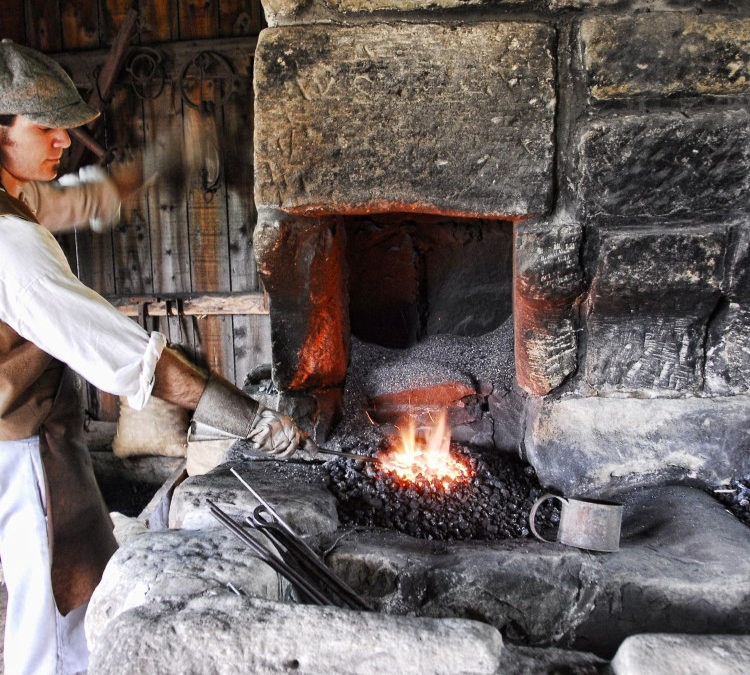Type Test Limitations
Some Sensory types walk away feeling dissatisfied after taking a Jungian Typology test, such as the MBTI, Keirsey Temperament Sorter, or Trait Spectrum. They are usually able to identify with the results for the most part, but they have some reservations. Part of this is the nature of the Typology. Because Intuitives make up only 15% of the population, the descriptions tend to apply to them more distinctly and with greater personalization. The descriptions of Sensors tend to be broader because they must cover so many people within each group, the smallest of which is the ISTP, which is about 4% of the population, the same size as the largest N group (the ENFJ).
Sensor Skepticism
The other part is simply due to the nature of the Sensor. Several areas of Sensation influence this. Oneness causes S types to feel kinship with others, so they are more likely to think people are mostly the same, and not as different as personality tests may suggest. Integration drives them to connect with their group, and what bigger group of people is there than humanity? The areas of Realism reinforce this concept, causing Sensors to want solid facts, detailed, if possible, that don’t change and are easily applicable. They may see personality tests as just another kind of zodiac, and one can hardly blame them due to the broadness of S type descriptions that exist in most quarters. The Trait Spectrum system seeks to rectify this, providing 9 areas in the Sensory Trait alone. Once a Sensor can examine their varying Strengths among the Domains, they can find a description of their personal qualities that is far more specific and useful.
Realism
For Sensors, reality is where real things happen: where people live, money is made, and resources are gathered and consumed. They may enjoy a fictional story on occasion, but then they return to the real world. Bills must be paid and family members provided for, and most of a person’s time should be devoted to those things, or finding better ways of surviving. They consider playing games, attending performances, and partaking of stories to be entertaining diversions but ultimately unimportant. For every novel they read, there are several non-fiction books they’ve consumed. And they’re even likely to look down on people for spending too much time exploring oneself and one’s potential. Their medium is what they can feel and interact with in the here and now, and not in some fantasy world. They become very good at managing their affairs in the “real” world. Survival isn’t much of an issue for a realist. It comes so naturally to them that, ironically, they are often left with more time for extra activities than their less-grounded counterparts. And when they take time for recreation, they like to go all out! The following are the 3 areas of Realism.
Factuality

Leave the theorizing to others; Sensors are after facts! That means certifiable, authenticated information. The veracity of a thing must be established by what they consider to be an authorized and incontrovertible source, or it must be staring them in the face. Hard evidence; no other kind will do. If you can’t see it, feel it, or otherwise verify it, then there better be a slew of credible witnesses to testify of it. They may not be overly-literal, like Sheldon Cooper, but they don’t look too deeply for hidden meaning. They accept things as they are, or as they seem to be, and move on. They prefer to work with their hands, or to be able to apply their minds to visible problems, anywhere tasks are straight-forward and sensible. They have a good head for specifics and excellent recall. When questioned about their activities, they can explain the step-by-step process they used to get to where they are now. They can concentrate on detailed work for long hours without difficulty. Professional craftsmen all arise from this type, able to do intricate stitching or design work, whether working with cloth, stone, metal, paint, or colored glass, with meticulous attention to detail.
 Resourcefulness
Resourcefulness
While Intuitives are looking inward for answers, Sensors are searching their surroundings for anything of use. No one can scavenge for resources like a Sensor. They not only have refined senses, but are highly attuned to changes in their environment and quick to measure something for its potential worth. Through simple observation, Sensors can quickly determine what people would be good at based on their qualities and attitudes. Some of this may involve stereotyping, but that doesn’t detract from the fact that they are usually right. This ability can significantly enhance their leadership ability, as they will be able to find suitable uses for everyone on their team without difficulty. Everyone’s talents can be put to good use this way, benefiting both the company and the team members. Sensor leaders just need a little help in dealing with abstract systems and people. Political maneuvering comes naturally to them. And in a fight, they tend to be scrappy. They’ll pull out all the stops and use every tool they can get their hands on to win, even if it means using their enemy’s own tools against them.
Practicality
Amazing out-of-the-box ideas are great, but the truth is they are usually impractical. Sensors are linear thinkers, and what they lack in imagination they make up for in efficiency. They prefer to put their shoulder to the wheel running the most up-to-date programs and machines that have already proven to be effective and reliable. They stick to the conventional, leaving extreme experimentation to others. But they are also alert to what is and is not working, and sometimes they can see a way to change something for the better. Such minor improvements can sometimes be standard-setting because of their simplicity and generalizability, resulting in a shift in the entire industry. Sensors need to feel that their activities are taking them somewhere, preferably toward their goals. They are ever alert to any process, tool, or person who can enable them to achieve their goals more easily. And such people often become valued friends, remembered fondly for their generosity and willingness to lend a helping hand.
Work Friends
Are you a Sensor? If not, you doubtless have plenty of experience working with them. Why don’t you ask a friend from work to take the Trait Spectrum to find out what they are? Knowing one’s own type and that of a coworker can help you understand each other and work better together.

